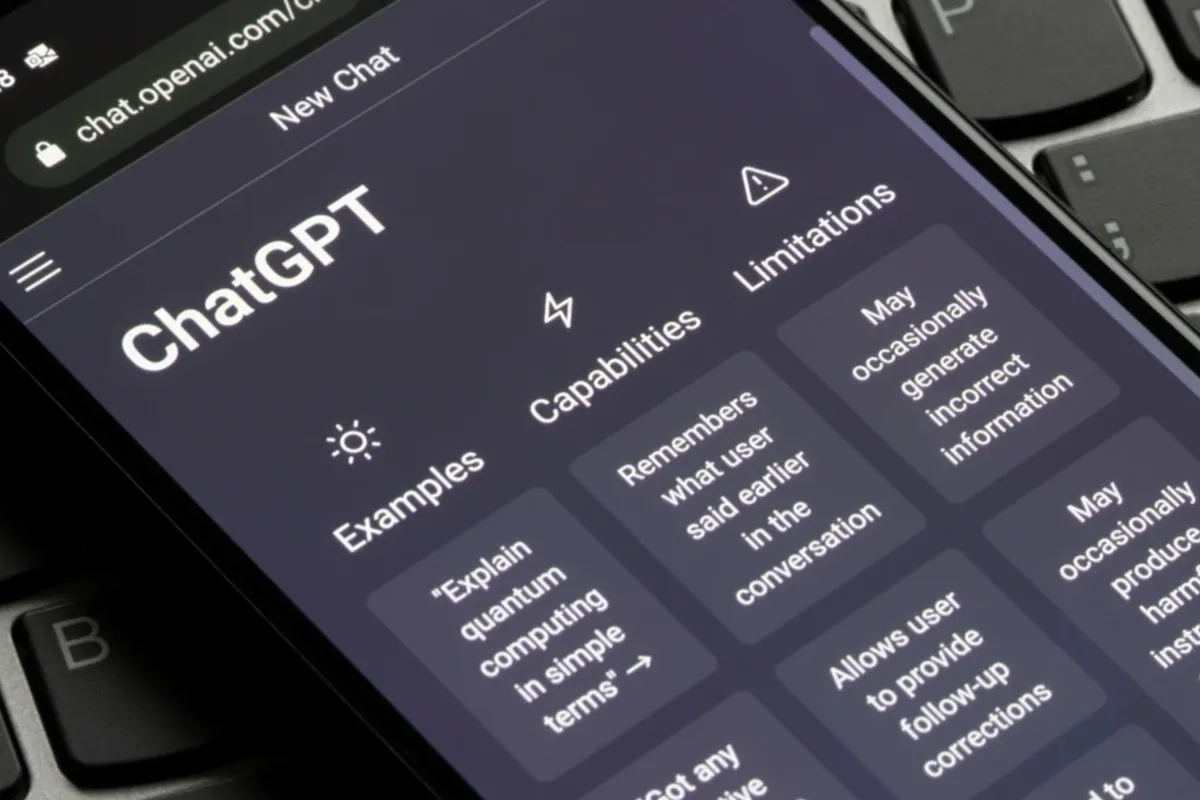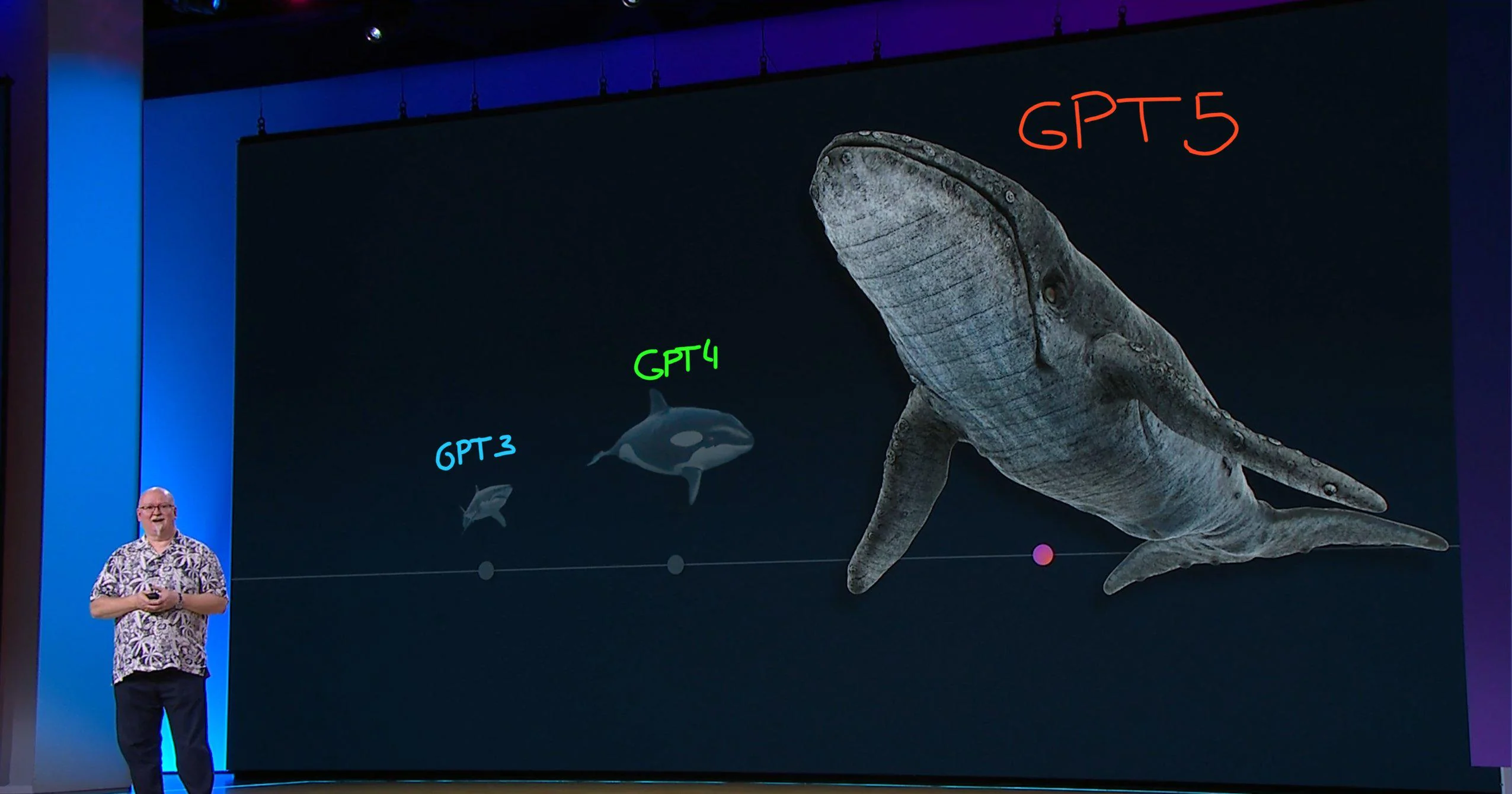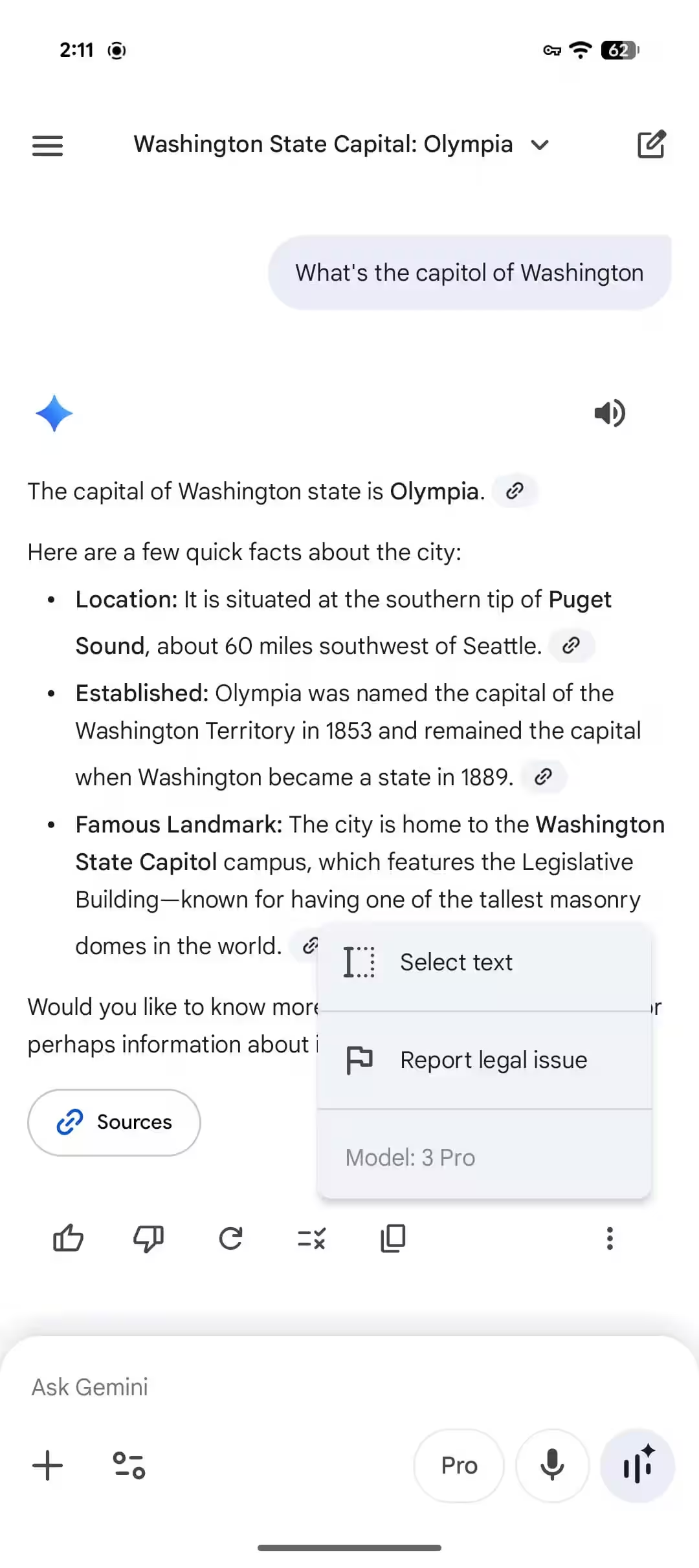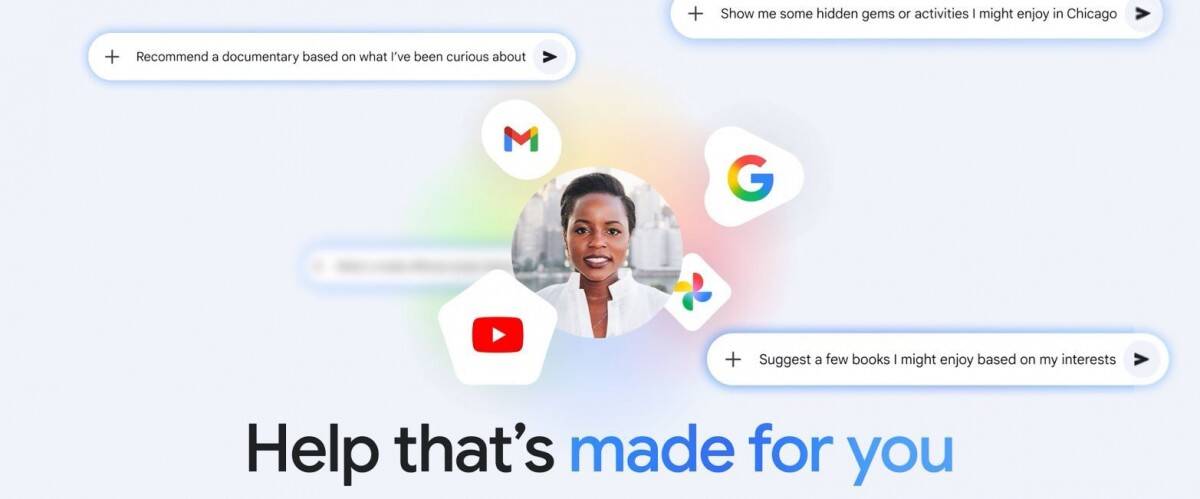OpenAI changes plans: GPT-5 is delayed, but will be more powerful

OpenAI has decided to delay the release of its long-awaited GPT-5 language model to first release two lightweight versions – o3 and o4-mini. This was announced by the company’s CEO Sam Altman in a post on X. The main reasons are the need to finalize GPT-5 and to prepare the infrastructure for “unprecedented demand.”
Why is GPT-5 delayed?”
Altman said the delay will make GPT-5 “much better than originally planned”. In addition, integrating the new model into the ChatGPT ecosystem has proven more difficult than expected. Another factor is the dramatic growth of the service’s audience: after the viral success of the GPT-4o update (with image generation), the number of ChatGPT users grew from 400 million to 500 million in just one hour. OpenAI wants to make sure the servers can handle the load of running GPT-5.
The GPT-5 release was originally expected in May 2025, but now the company is only talking about “the next few months.”

o3 and o4-mini are stepping stones to GPT-5
The new o3 and o4-mini focus on improving AI’s logical thinking. They will be an intermediate between the current GPT-4o and the future GPT-5. However, their names may confuse users: there are already o4 and 4o models in the ChatGPT ecosystem. OpenAI has promised that GPT-5 will automatically select the optimal model for each task, simplifying communication.
Who will have access to GPT-5?”
The free version of ChatGPT will offer limited access to GPT-5. Only Plus and Pro subscribers will be able to fully utilize it. This continues OpenAI’s trend of monetizing advanced technologies through premium pricing.
What’s next?
The GPT-5 delay is part of OpenAI’s strategy of favoring caution for the sake of quality. Altman emphasized that the company doesn’t want to repeat mistakes with rushed releases, as it has in the past. The improved GPT-5 should not only outperform current models in text generation, but also be the basis for new services, from personal assistants to enterprise solutions.
An improved GPT-5 should not only outperform current models in text generation, but also be the basis for new services, from personal assistants to enterprise solutions.
In the meantime, users should look to o3 and o4-mini: these models can bring point improvements in data analysis and logical problem solving.








